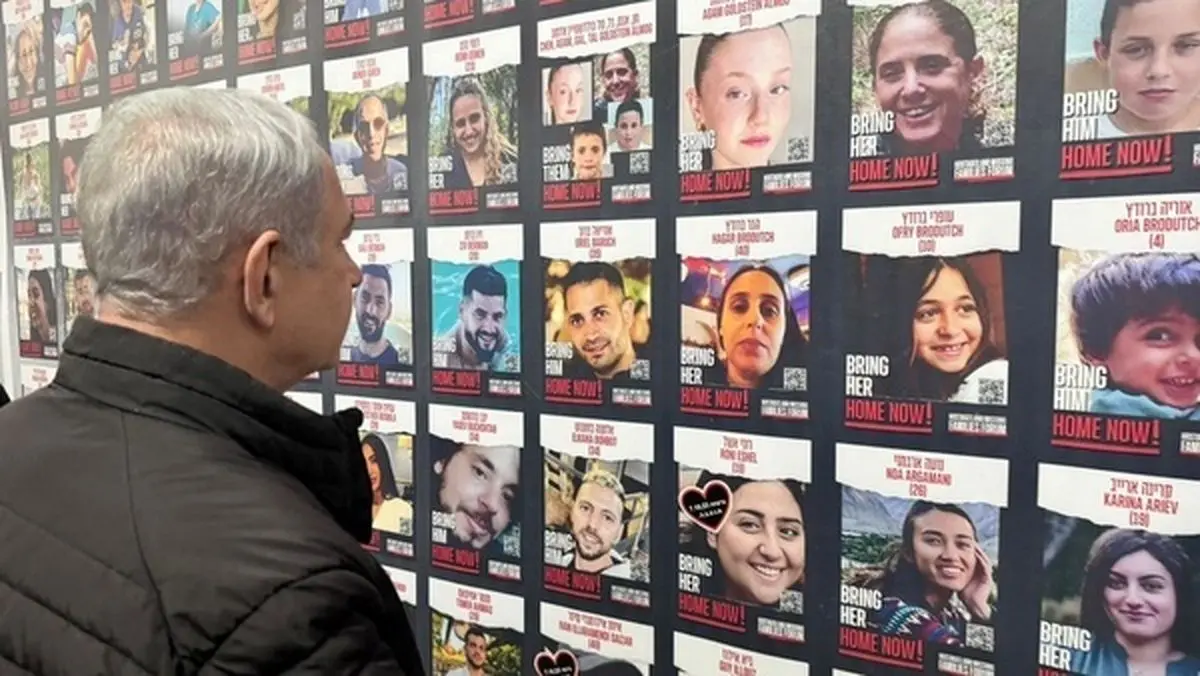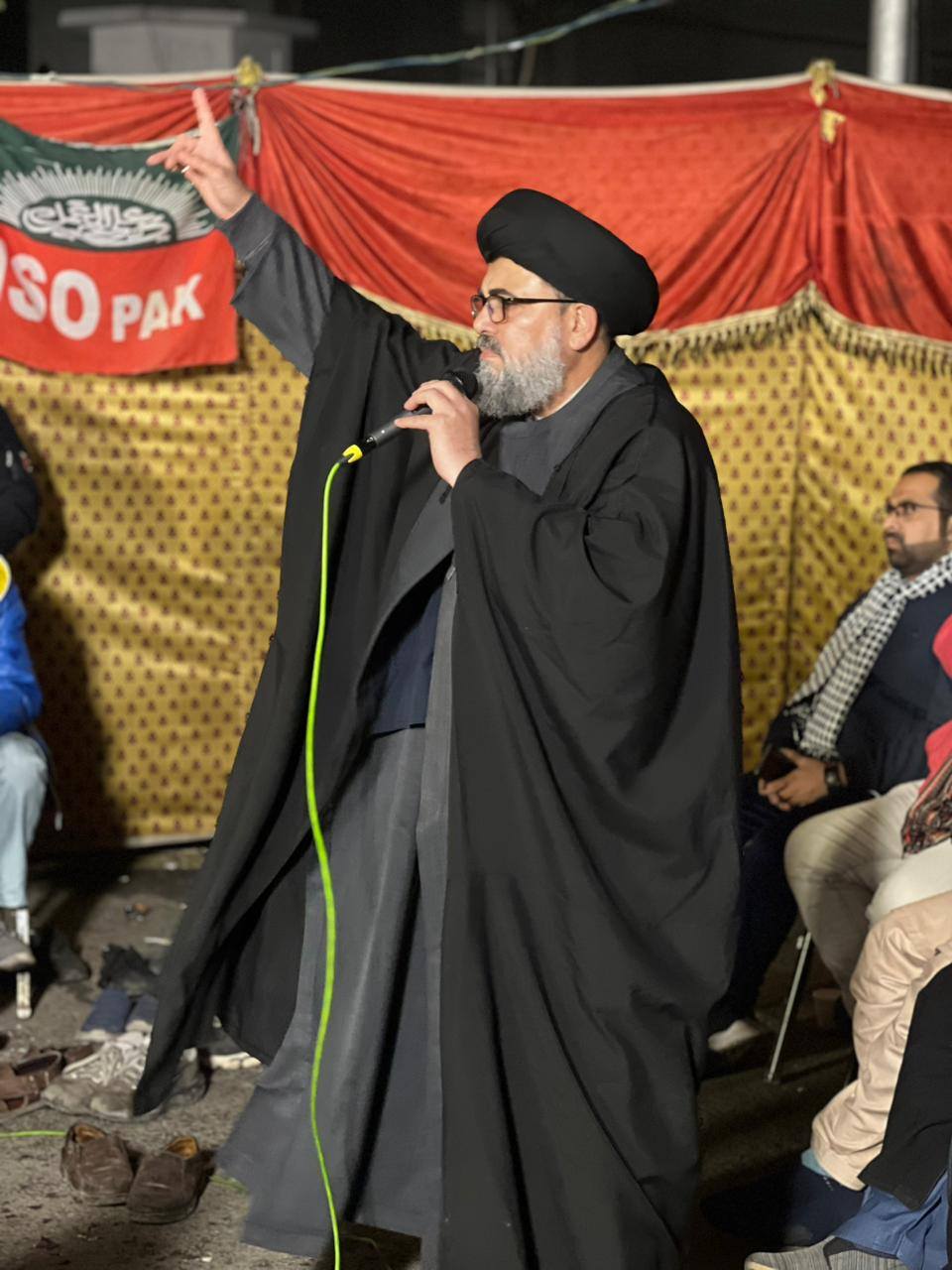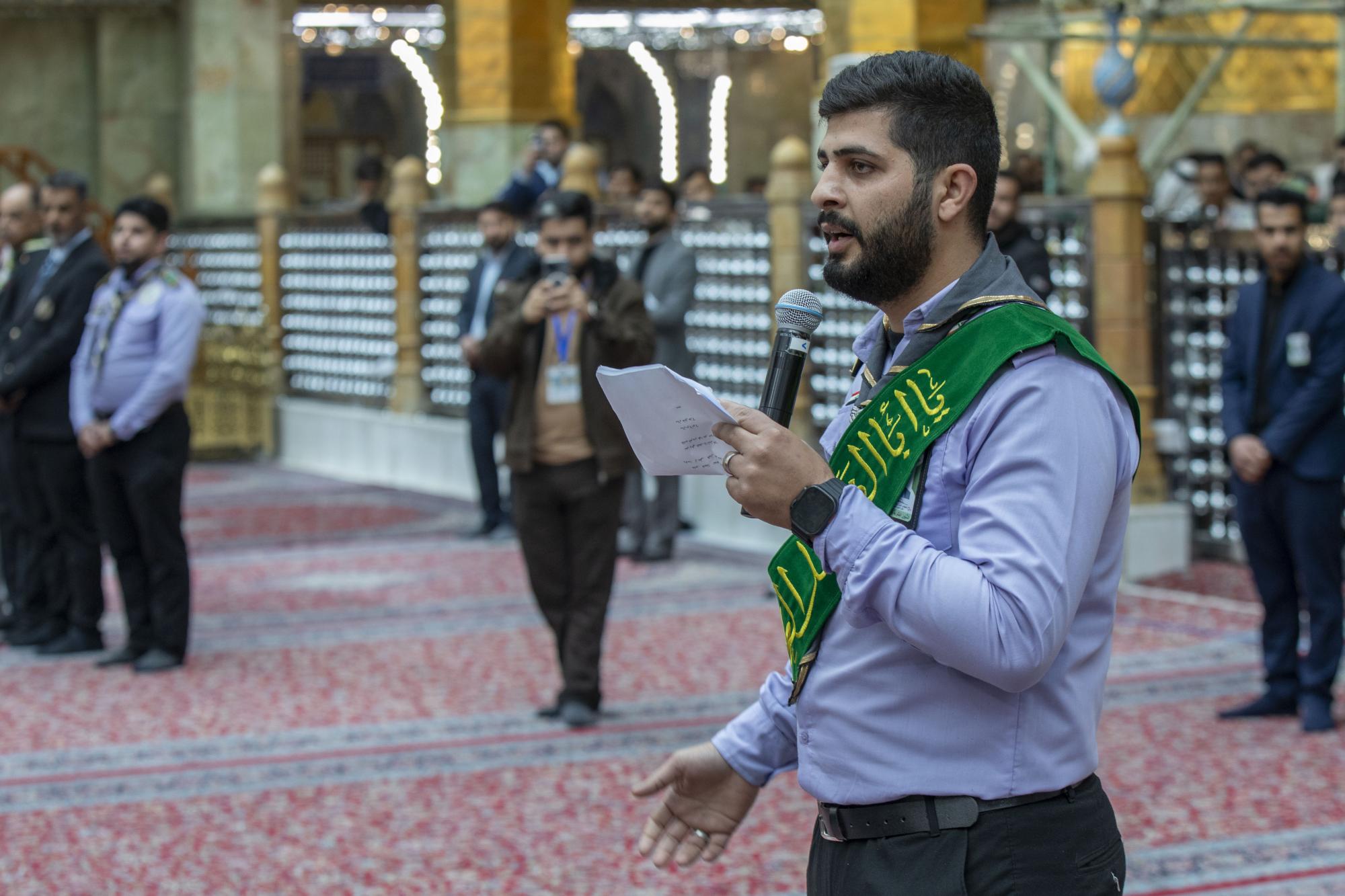Hamas official Osama Hamdan on Friday said that "we proposed an initiative that includes a complete ceasefire, prisoner swap, and withdrawal from Gaza, but Israel rejected it.” Hamdan further held that Israeli Prime Minister Benjamin Netanyahu wants to get rid of the prisoners’ case by killing them, adding that Israel is hampering the agreement. “We had previously agreed to a gradual timetable for [Israeli] withdrawal from Gaza, but Israel did not accept it."
The Israeli obstructions comes while over the past few weeks the two sides had reached a deal on prisoner swap with American and Egyptian mediation said to be implemented soon. But at the end, for what is said to be personal motivations Netanyahu reneged at the last moment, leaving the prospects of end of war in limbo.
Documents of killing of the prisoners
The killing of Israeli prisoners by Israeli military is not new and over the past year, Hamas has published many documents proving it.
Hamas leaders have repeatedly confirmed the occupation army's attack on the place where the prisoners were being held, and according to reports, dozens of Israeli prisoners were killed by the army itself.
In August, the Israeli army admitted that it had killed a number of its prisoners in attacks on Gaza, and subsequently, the Israeli Broadcasting Corporation also announced in this regard that 46 of the 120 prisoners remaining in Gaza had been killed in Israeli attacks.
At that time, Hamas, in a statement addressing families of the prisoners, said that the army was misleading them. "The occupation regime's cabinet only wants the prisoners to return in coffins."
In February, Haaretz reported that three Israeli prisoners were killed by poisonous gas that the regime's army had injected into one of the tunnels in Gaza.
Also, three Israeli prisoners who escaped from Hamas a few months ago were asking for help from the Israeli forces while holding a white flag, but the army killed them, assuming that they were Hamas members. Hamas also announced last Wednesday that six other Israeli prisoners were killed in the Israeli bombing.
The Israeli army has tried several times to rescue a number of prisoners, but these efforts have backfired, killing most of them.
In the latest round of rescue efforts, last week the Israeli army tried to rescue Saher Baruch, a prisoner held by Hamas, but the operation failed and the Israeli soldiers exchanged fire with Hamas fighters, resulting in the death of the Israeli prisoner.
Since the beginning of war, Netanyahu and his friends have proven that life of prisoners does not matter to them because not only have they missed the chances of a prisoner swap deal, but also ignored Hamas warnings about critical conditions of Gaza for the prisoners.
Intelligence evaluation of the Israelis suggest that at least 50 of the prisoners are still alive, but it seems that the hardline ministers are inattentive of their situation. There are foreign nationals among the prisoners about whom the hardline Israeli cabinet does not care.
Getting rid of foreign and internal pressures
One of the reasons that has made Netanyahu think about getting rid of the prisoners is the wave of criticism and internal and external pressure that has been mounting over his government in the past 15 months, but he stubbornly tries to continue the war at all costs despite all the pressure.
Netanyahu is unwilling to stop the war in Gaza in order to avoid any agreement that would imply acknowledging Hamas' victory, fearing the collapse of the cabinet unity, and also because of his responsibility for the failure against Hamas’s Operation Al-Aqsa Storm on October 7 and being involved in corruption cases.
Netanyahu believes that he has gone most of the way to victory against Hamas and is only one step away from achieving his war aims, and he does not want to miss this exceptional opportunity. This is while security officials and the Hebrew media acknowledge that Hamas has reorganized itself and has recently returned to some areas occupied by the Israelis.
Netanyahu’s interpretation is different. “If we end the war now, Hamas will come back, rebuild itself and attack us again,” he said last week. “But we don’t want to return to that situation.”
Netanyahu and his hardline ministers have repeatedly said they have no intention of withdrawing from the Gaza Strip, a point echoed by Israeli Defense Minister Yisrael Katz, who recently told military commanders in southern Gaza that Israel would maintain security control over the Strip through measures including buffer zones and checkpoints. Hamas has been demanding an end to the war and a complete withdrawal of the occupiers from the Strip.
The Netanyahu cabinet has been under pressure from the families of the prisoners every day over the past year, and this has somewhat taken from it the initiative in Gaza, and therefore it prefers to relieve itself of domestic pressure by killing the prisoners and possibly accusing Hamas of doing so. The families of the prisoners have repeatedly accused the PM of cutting the chances of their children's return by marring the negotiations with Hamas, and have even threatened to sue him in the Supreme Court.
Evaluating the regional conditions to be going in his favor and seeing the internal protests relatively winding down, Netanyahu seeks to conclude Gaza case and announce it as an achievement, no matter if tens of Israeli prisoners are killed.
Provoking Trump's anger
Netanyahu's disruption of the negotiations also has to do with the US political developments. Netanyahu never sought to stop the war in Gaza, and the serious approach to achieving a ceasefire in recent weeks was because US President-elect Donald Trump warned Israel to end the war by January 20, the day of his inauguration.
Since Trump wants to close Gaza war case to cut the US
spending, Netanyahu intends to get the prisoners, among whom there are
Americans, killed to remove the only obstacle ahead of continuation of
war and press ahead with his plans against Palestinians unhindered.
/129





